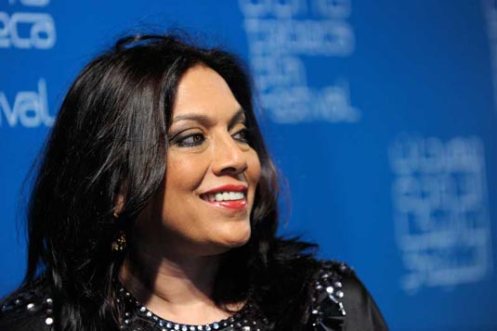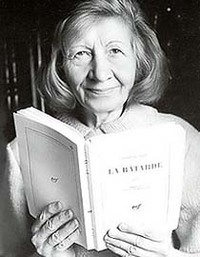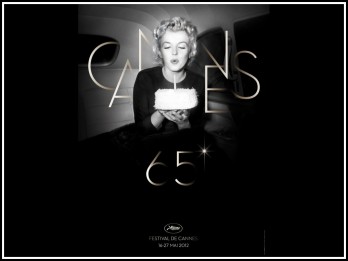With a jury led by Hollywood director Michael Mann (Heat, The Insider), the list of films competing in the 69th Venice Film Festival this year has been announced.
Whereas previously up to 24 films have been in competition, this year’s festival will comprise of a smaller number (17 + 1 surprise film). Festival director Alberto Barbera said his goal was to focus on both the achievements of known filmmakers, and seek new talent.
“I think the tendency is a little bulimic, to focus on quantity doesn’t serve anything,” Barbera said in a phone interview with The Associated Press. “Having more films does not create a more important festival, rather it means lowering the quality of the selection. The festival has to assume the responsibility and the risk of making a real selection.”
In contrast to Cannes’ inexcusable omission of films from women directors earlier in May, 4 films from women directors feature among the list of films competing for the prestigious Golden Lion. The festival also opens with the latest film by Mira Nair (2001 Golden Lion winner with Monsoon Wedding) – The Reluctant Fundamentalist. Based on the acclaimed novel by Moshin Hamid, the film is a riveting international political thriller that follows the story of a young Pakistani man, Changez Khan (Riz Ahmed) who chases corporate success on Wall Street, only to find himself embroiled in a conflict between his American Dream, a hostage crisis, and the enduring call of his family’s homeland.
Films in competition include To the Wonder – the latest film from 2011 Palme d’or winner, Terrence Malick with Ben Affleck, Javier Bardem and Rachel Weisz; Apres Mai (Something in the Air) from French director Olivier Assayas and Superstar from Italian director Xavier Giannoli with Cecile de France and Kad Merad.
Outside competition, other highlights for the festival include the Spike Lee documentary Bad 25 – a look at the seminal Michael Jackson album that celebrates its 25th anniversary this year; The Company You Keep – marking Robert Redford’s return both in front of, and behind the camera with Shia LaBeouf and Julie Christie; and O Gebo e a Sombra – the latest opus with Michael Lonsdale, Claudia Cardinale and Jeanne Moreau from veteran Portuguese director Manuel De Oliveira (who celebrates his 104th birthday later this year!)
A difficult task awaits Michael Mann, alongside fellow jury members model/actress Laetitia Casta, Italian director Matteo Garrone and British actor Samantha Morton. The decision will be announced at the festival’s end 8 September.
Films in Competition




